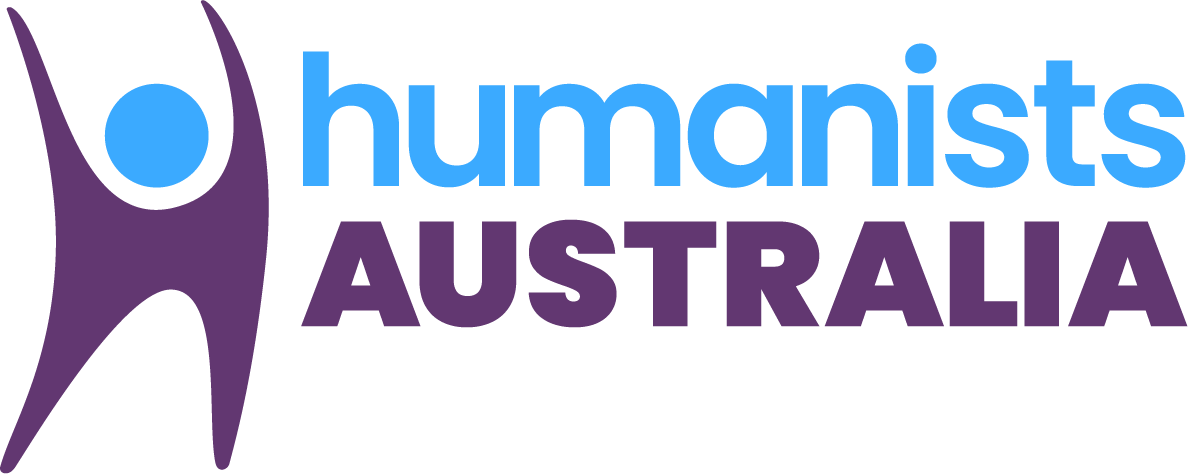First Nations Peoples
First Nations Peoples
Humanists Australia recognises and respects the profound cultural heritage of First Nations peoples, whose connection to Country spans over 65,000 years. We are committed to fostering inclusion, equality and reconciliation by amplifying First Nations voices and standing alongside them in the pursuit of justice.
We proudly support the Uluru Statement from the Heart, embracing its key pillars of Voice, Treaty and Truth. We advocate for structural reforms that acknowledge historical truths and promote meaningful change.
We understand that Australia Day holds different meanings for different people, and we support finding a new day for national celebration that unites all Australians.
As allies, we actively listen to First Nations perspectives, honor significant dates in their history and celebrate their strength and cultural contributions. Through these actions, we reaffirm our commitment to building a more equitable and inclusive future for all.
Welcomes to Country
Welcomes to Country have become a target of some campaigns since the leadup to the 2025 election, and were the subject of disrespectful conduct by a few people at Anzac Day ceremonies in 2025. Here’s what Aunty Munya Andrews of Evolve Communities has to say:
“One of the biggest misrepresentations is that it is a Welcome to Australia, but it isn’t. The Aboriginal-English word ‘country’ does not refer to a nation state like Australia or America. Instead, it relates to the specific tribal lands or region of a particular First Nation. Thus, a Welcome to Country is not a Welcome to Australia. It is a Welcome to a specific tribal territory.
When Aboriginal and Torres Strait Islander peoples offer a Welcome to Country, they are not asking for anything. Rather, they offer an invitation to share in an age-old tradition. It is so much more than a mere welcome. It is a prayer and a blessing to provide you with safe passage. Ultimately, a Welcome to Country is about extending the hand of friendship in a generous act of Reconciliation. Time will not bury our cultural traditions. They will exist as long as we continue to exist as a peoples. We will not be erased. We will survive.
An Acknowledgement of Country, on the other hand, is about seeing us, respectfully, as the First Peoples of this country. You cannot imagine how powerful this gesture is for people who have been historically marginalised on the fringes of Australian society for a long time.
I dream that someday all Australians will fully embrace and respect the Welcome to Country and Acknowledgement of Country as the beautiful, magnanimous, spiritual acts that they are.”
Becoming Better Allies
Learn how to become a better ally by watching this video from Girraway Ganyi, reading Practical Reconciliation by Aunty Munya Andrews and Carla Rogers, or by taking the Ally Pledge.
“Let's show our Indigenous brothers and sisters that we are here for them, we value their Voices and we are committed to continuing the journey towards Reconciliation.
Together, we can create a kinder, more inclusive Australia.”
— Evolve Communities
The Voice Referendum
On 14 October 2023, Australians decided that an Indigenous Voice to Parliament enshrined in the constitution is not the way forward for progress on Indigenous rights in Australia. We stand in solidarity with our First Nations brothers and sisters, and will strive to ensure their voices are heard by other means.
We had urged our members, and all Australians who are committed to creating a more inclusive and equitable society, where Indigenous Australians have a genuine voice and a meaningful role in shaping their own future, to vote YES in the national referendum on the indigenous voice to parliament.
We must not lose our resolve and we must make sure that Aboriginal and Torres Strait Islander people are recognised, respected, and listened to; that our communities can live well and live safely as most Australians have the opportunity to do.


